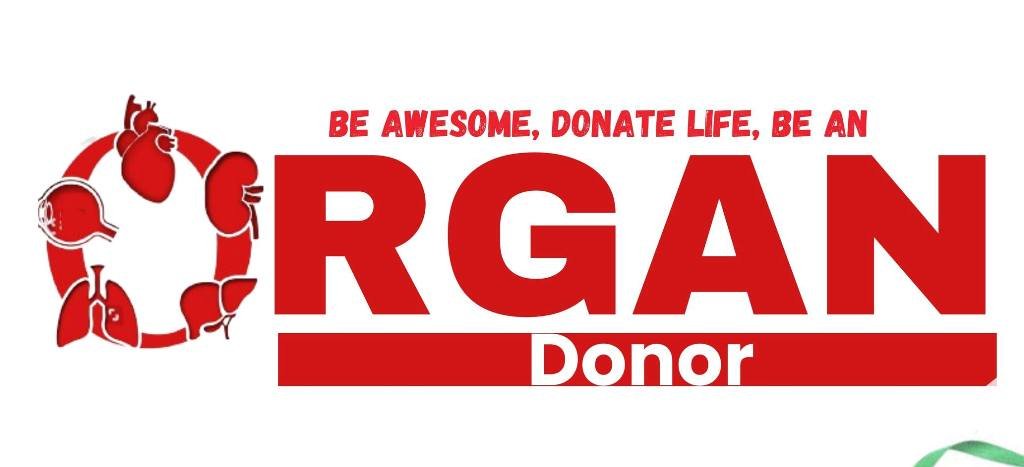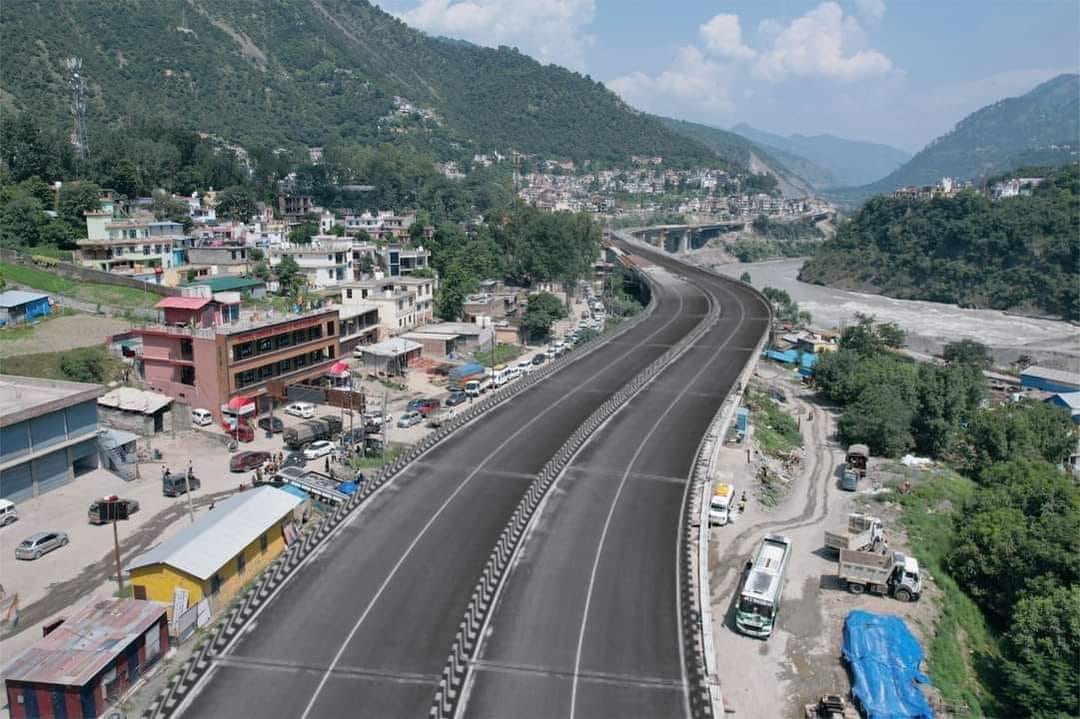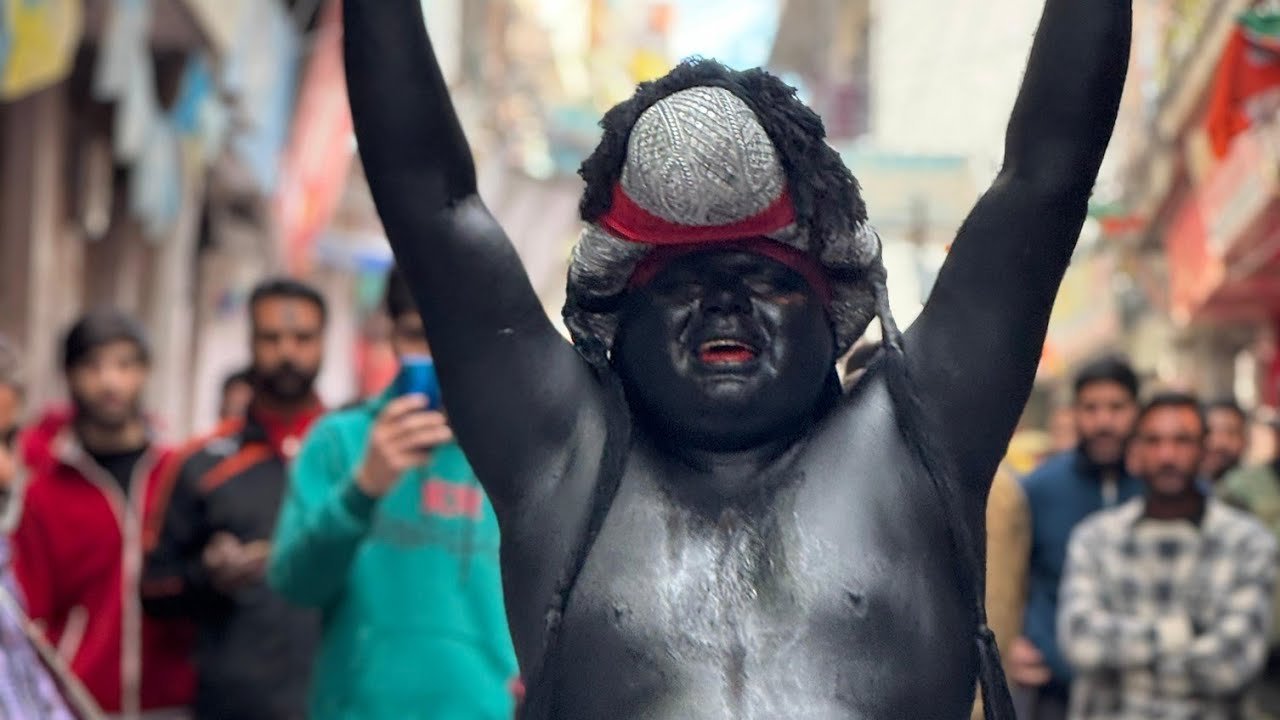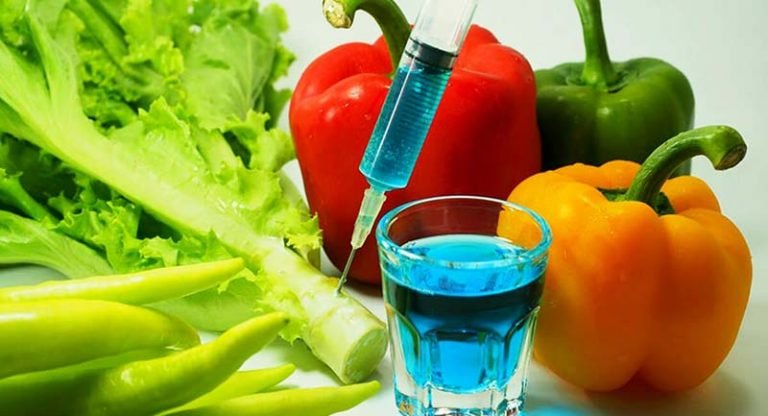With nearly one crore pilgrims visiting the Vaishno Devi shrine in Katra annually, the animal husbandry department has started a programme to encourage farmers to establish dairy cooperatives to cater to the growing demand for dairy products locally.
A large number of farmers in Reasi district have shown interest in the dairy sector, but in the absence of government support and proper networking, most them have been unable to start their own business.
As per experts, despite having temperate climate, J&K has the potential for both dairy processing and consumption but the state lacks a marketing strategy.
Most of the milk and milk products are imported from outside the state.
As per government data, about 80 per cent of the population lives in the rural areas, while 60 per cent of the state’s revenue is generated through the agriculture and animal husbandry sectors.
Despite incentives and schemes being provided by the State government for setting up of dairy farms, only 7% of the total milk produce comes from the organised processing plants.
The daily milk production in Jammu and Kashmir is 75 lakh litres while as 2.8 lakh liters are imported.
About scheme promoting dairy products by Animal Husbandry Department
‘Daily Entrepreneurship Dairy’ (DED) Scheme for the dairy farmers to generate self employment and dairy infrastructure.
Read also: 38.2 % men in J&K are addicted to some kind of tobacco
The scheme includes small dairy farm, rearing of heifer calves, vermi compost unit, purchase of milking machines, purchase of dairy processing equipments, dairy product transformation, cold storage facilities, private veterinary clinics and dairy marketing outlets.
Any farmer, individual entrepreneurs, organised and unorganised group can avail the scheme.
For a small dairy farm of upto 10 animals, the unit cost is Rs 7 lakh for which there is back end subsidy of 25% project cost for general category promoters and 33.33% for SC/ST borrowers.
Under tribal sub plan, the department provides two cow units to tribal people.
The dairy farmers face challenges as the State is 60% deficit in green fodder and almost 40% in dry fodder.















